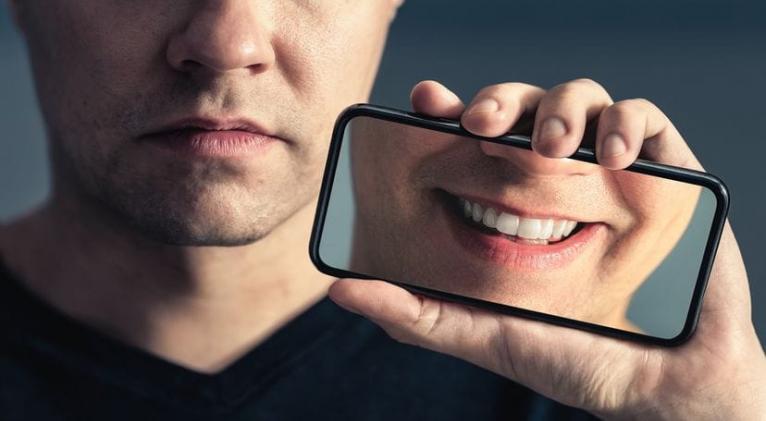Our Lives on Social Media: Are We the Ones We Seem to Be?
especiales

From perfectly edited selfies to posts overflowing with success, happiness, or social awareness, social media allows us to craft a personal narrative that often doesn’t align with reality.
In the digital age, social platforms like Facebook, Instagram, TikTok, and YouTube have become the main stage where millions of people project their lives. These are virtual showcases where we share moments, opinions, and aspirations—but also where we carefully curate a version of ourselves.
This in itself is not necessarily a bad thing. However, the deeper we immerse ourselves in the virtual universe, the greater the risk that, instead of feeling more connected, we end up isolated and detached from reality—even from our own truths. This curation goes beyond aesthetics. Users choose which aspects of their lives to highlight: exotic travel, professional milestones, joyful family moments, or activist stances.
Often, however, these highlights are merely a veneer used to conceal insecurities, failures, or difficult days. As a result, we build a character—or at the very least, a fragmented reality—where authenticity is sacrificed for social approval, measured in likes, comments, and followers.
Social media has democratized self-expression. Anyone with a smartphone can become a content creator. But this freedom often comes with an unspoken pressure: the need to project an appealing and consistent image.
Several studies in the field of psychology indicate that social media creates the illusion of connection. Yet many users report feeling lonely when comparing themselves to the seemingly perfect lives of others—be they influencers, celebrities, or friends.
At the same time, let’s not be naïve. Behind what we see and share on social media are algorithms. Designed to maximize engagement and screen time, these systems prioritize emotionally charged or visually striking content. This encourages users to post using formulas that guarantee immediate reactions—a photo accompanied by a motivational quote is likely to perform better than a well-written article or a thoughtful reflection.
Social media gives us a platform to construct narratives, and that can be a good thing—if we remain aware that these stories are just one part of who we are. An influencer flaunting a luxurious lifestyle might be struggling with debt. A friend posting happy memories might be battling anxiety. We are not only what we seem in our posts; we are also the untold stories, the silent struggles, and the moments we don’t capture on screen.
Ultimately, the value of social media lies not in the number of likes or followers, but in how we use it to reflect, to share, and to build meaningful connections—without losing sight of the real stage where our lives truly unfold.
Translated by Sergio A. Paneque Díaz / CubaSí Translated Staff














Add new comment